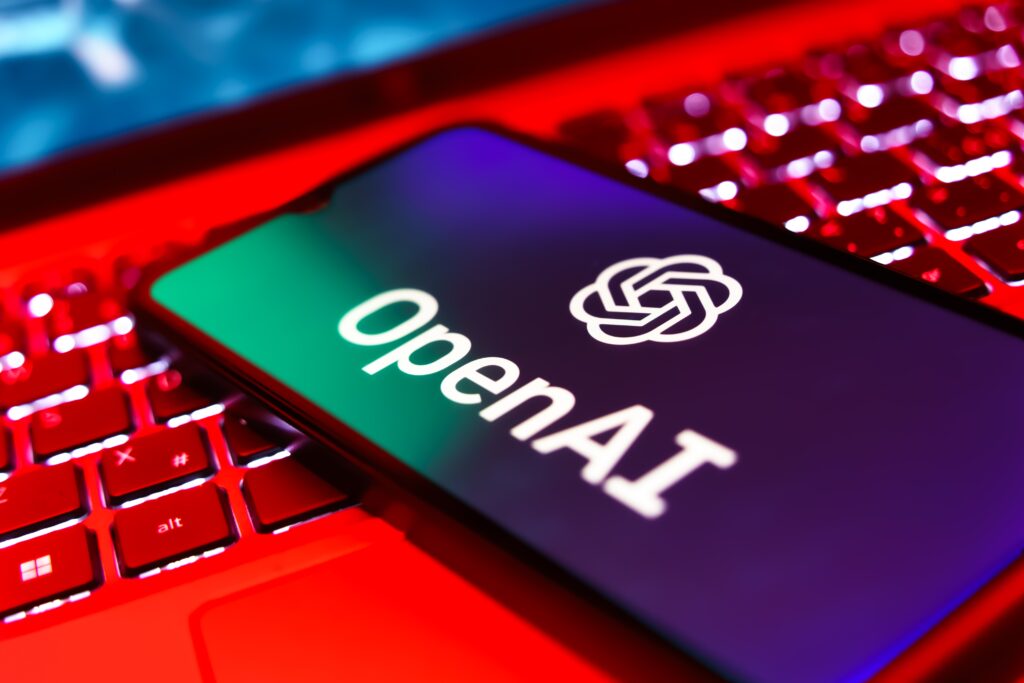A privacy rights group has taken legal action against OpenAI after ChatGPT falsely accused a Norwegian man of a horrific crime. The case raises concerns over AI-generated misinformation and compliance with Europe’s strict data protection laws.
AI Generates False Murder Conviction
Arve Hjalmar Holmen, a Norwegian resident, was shocked when ChatGPT provided a completely false account of his past. The AI system claimed he had been convicted of murdering two of his sons and attempting to kill a third. While this information was entirely fabricated, the chatbot did include some correct personal details, such as his hometown and the number of children he has.
Holmen’s case highlights the growing issue of AI hallucinations—when artificial intelligence generates false or misleading information. Such errors can cause serious harm, especially when they involve false criminal allegations that can damage a person’s reputation.
Legal Action Under GDPR
The privacy rights organization Noyb has filed a complaint with Norway’s Data Protection Authority (Datatilsynet), arguing that OpenAI violated the General Data Protection Regulation (GDPR). Under GDPR, companies must ensure the accuracy of personal data and take corrective action if false information is generated or stored.
The complaint demands that OpenAI:
- Delete all inaccurate information related to Holmen.
- Implement safeguards to prevent similar errors in the future.
- Face financial penalties to discourage future violations.
Noyb stresses that AI systems storing and reproducing incorrect personal details violate privacy rights. The organization warns that users like Holmen may never be able to confirm whether OpenAI has permanently removed the false information.
Misinformation and Reputation Damage
Holmen expressed deep concerns over the long-term impact of AI-generated misinformation. “People may think, ‘There is no smoke without fire.’ That’s what scares me the most,” he stated. Even if OpenAI deletes the false claims, their initial appearance can have lasting reputational effects.
Misinformation from AI is not new. AI-powered chatbots often generate unreliable data because they predict the most likely response based on patterns, rather than verifying facts. This issue has led to increasing scrutiny of AI-generated content, especially in legal and journalistic contexts.
OpenAI’s GDPR Challenges
OpenAI has faced multiple legal and regulatory challenges regarding its compliance with European data protection laws. GDPR requires companies to provide accurate data processing, allow individuals to access and correct their personal information, and implement measures to protect user privacy.
Noyb’s legal expert, Kleanthi Sardeli, criticized AI companies for disregarding privacy rules. “AI firms cannot act as if GDPR does not apply to them,” she said. If OpenAI is found to have violated GDPR, it could face significant fines and be required to make major changes to how its AI models process personal data.
Potential Precedent for AI Privacy Cases
The outcome of this case could set an important precedent for how AI-generated content is regulated under European privacy laws. If Datatilsynet rules in Holmen’s favor, it may force AI companies to introduce stricter accuracy checks and transparency measures.
As AI-generated misinformation becomes a bigger concern, experts are calling for clearer laws and stronger enforcement. Privacy advocates argue that individuals must have a way to challenge false AI claims and demand corrections.
OpenAI’s Response and Industry Reactions
As of now, OpenAI has not publicly responded to the complaint. However, AI developers and legal experts are closely watching the case. If regulators impose fines or restrictions on OpenAI, other AI companies may need to reassess their compliance with privacy laws.
AI-generated misinformation has already led to lawsuits in multiple countries, as individuals seek legal recourse for reputational harm. Some tech experts believe AI companies will soon face stricter global regulations to address these concerns.
Holmen’s case is part of a larger debate about the role of AI in society. While AI models offer many benefits, their potential to generate false and harmful information remains a major risk. Privacy advocates argue that AI companies must take responsibility for the data their systems produce and ensure users have recourse when errors occur.
With legal pressure mounting, the AI industry may soon face new requirements for accuracy and accountability. Whether OpenAI will make changes in response to this case remains to be seen, but the complaint filed in Norway is a strong reminder that privacy laws apply to AI companies as much as any other business.


